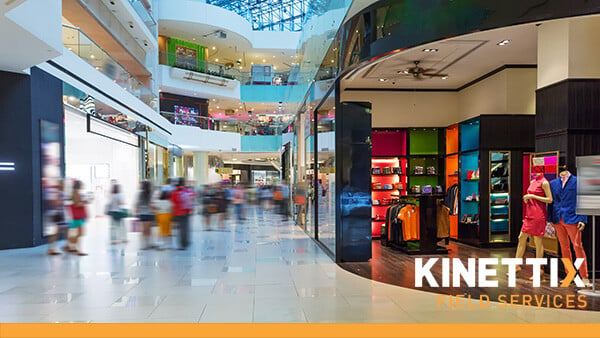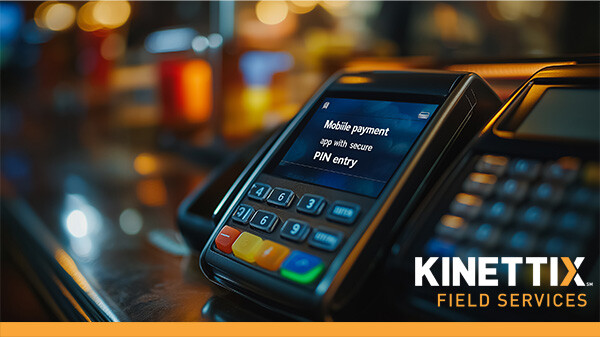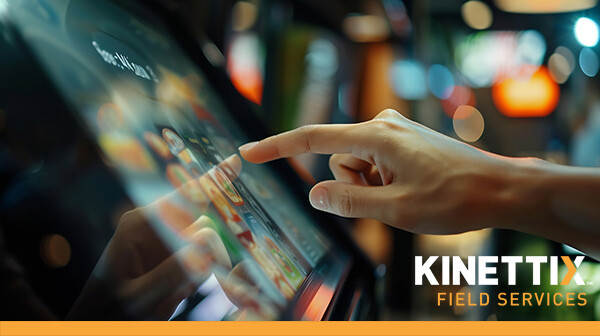Retail IT has emerged as a vital component for businesses aiming to achieve a competitive edge and maintain relevance in an increasingly digital world. Simply put, companies in the retail sector cannot afford to fall behind in keeping their IT components up to date. This article explores the impact of Retail IT, the trends shaping its evolution, and how businesses can leverage technology to enhance efficiency and customer satisfaction.
Understanding Retail IT
Retail IT refers to the integration of information technology solutions within the retail sector to streamline operations, enhance customer service, and improve overall business performance. This encompasses a wide range of technologies, including point-of-sale systems, digital signage, inventory management software, security camera systems, customer trackers, and data analytics platforms. Retailers use these technologies to manage their supply chains more effectively, personalize marketing efforts, analyze customer behaviors, and deliver a better customer experience. By leveraging real-time data, retailers can make informed decisions, optimize stock levels, and reduce operational costs.
The importance of Retail IT cannot be overstated, as it plays a vital role in enhancing both efficiency and the customer experience. For example, with advanced POS systems, retailers can speed up transaction times, reduce wait times, and improve checkout accuracy. Furthermore, omnichannel retailing, supported by integrated IT systems, allows customers to have a seamless shopping experience whether they are shopping online, on mobile devices, or in physical stores. This not only increases customer satisfaction but also fosters loyalty, as consumers are more likely to return to businesses that provide a convenient and personalized shopping experience. Ultimately, Retail IT empowers retailers to respond swiftly to market changes, meet customer expectations, and maintain a competitive edge in an ever-evolving marketplace.
Enhancing Customer Experience through Retail IT
In the retail industry, the experience the customers have in your stores or online venues is king. Retail IT services give retailers new tools to enhance the customer experience by providing personalized services that cater to individual preferences and behaviors. Through the use of Customer Relationship Management (CRM) systems and data analytics, retailers can gather insights about their customers' shopping habits, preferences, and purchase history. This data allows retailers to tailor marketing strategies and promotions specific to each customer, ensuring that they receive relevant offers and recommendations. For example, a customer who frequently buys athletic wear may receive exclusive discounts on new arrivals in that category. This level of personalization not only makes customers feel valued but also increases the likelihood of repeat purchases.
Another significant way retail IT improves the customer experience is through the implementation of omnichannel strategies. Retailers can seamlessly connect their online and offline platforms, allowing customers to engage with the brand in a cohesive manner. For instance, consumers can browse products online, check their availability in-store, and choose to pick them up or have them delivered. Such flexibility enhances convenience, as customers can shop according to their preferences and schedule. Additionally, integrated systems can provide real-time inventory updates, ensuring customers are informed about product availability before making a purchase, reducing frustration and enhancing satisfaction.
Furthermore, retail IT contributes to a more efficient and enjoyable shopping experience through advanced point-of-sale (POS) systems and self-service options. Modern POS systems speed up transaction times, allowing for quicker checkouts and reducing wait times in-store. Self-service kiosks and mobile payment options empower customers to complete transactions at their own pace, catering to those who prefer a more hands-on approach to shopping. Additionally, features like digital receipts and loyalty program integrations enhance the customer journey by simplifying the process of tracking purchases and rewards. Overall, by leveraging technology to streamline operations and improve service delivery, retailers can create a more engaging and satisfying shopping experience that encourages customer loyalty and drives sales.
Current Trends in Retail IT
- Artificial Intelligence and Machine Learning
The integration of AI and machine learning in Retail IT is transforming how retailers interact with customers and manage operations. These technologies can analyze vast amounts of data to predict customer behavior, optimize inventory levels, and enhance personalized marketing efforts. As retailers increasingly adopt AI-driven solutions, the potential for improved operational efficiency and customer satisfaction grows exponentially.
- Cloud Computing
Cloud computing has revolutionized Retail IT by providing scalable and flexible solutions for businesses of all sizes. Retailers can leverage cloud-based systems for data storage, software applications, and collaboration tools without the need for significant upfront investments in hardware. This flexibility allows businesses to adapt quickly to changing market conditions and customer demands.
- Mobile Technology
With the increasing reliance on smartphones, mobile technology has become an integral part of Retail IT. Retailers are implementing mobile point-of-sale systems, apps for inventory management, and customer engagement tools to create a more efficient and convenient shopping experience. As mobile technology continues to evolve, retailers must stay ahead of the curve to meet customer expectations.
Challenges in Retail IT Implementation
While the benefits of Retail IT are clear, implementing these solutions can pose challenges. Retailers must ensure that their staff is adequately trained to use new technologies, and they must also address any potential cybersecurity risks associated with digital transactions. Additionally, integrating various IT systems can be complex and may require expert assistance to ensure a seamless transition.
Kinettix offers comprehensive IT field services that streamline the installation and maintenance of retail IT devices for both retail stores and device manufacturers on a national and global scale. By leveraging a network of skilled technicians, Kinettix ensures that installations are executed efficiently and in accordance with industry standards, minimizing downtime and maximizing operational effectiveness.
Additionally, Kinettix provides ongoing support and maintenance services, enabling retailers to keep their IT devices functioning optimally, while manufacturers can ensure their products are effectively integrated into diverse retail environments. With a focus on scalability and adaptability, Kinettix facilitates seamless deployments that cater to the unique needs of each client, enhancing the overall customer experience and driving business success.





